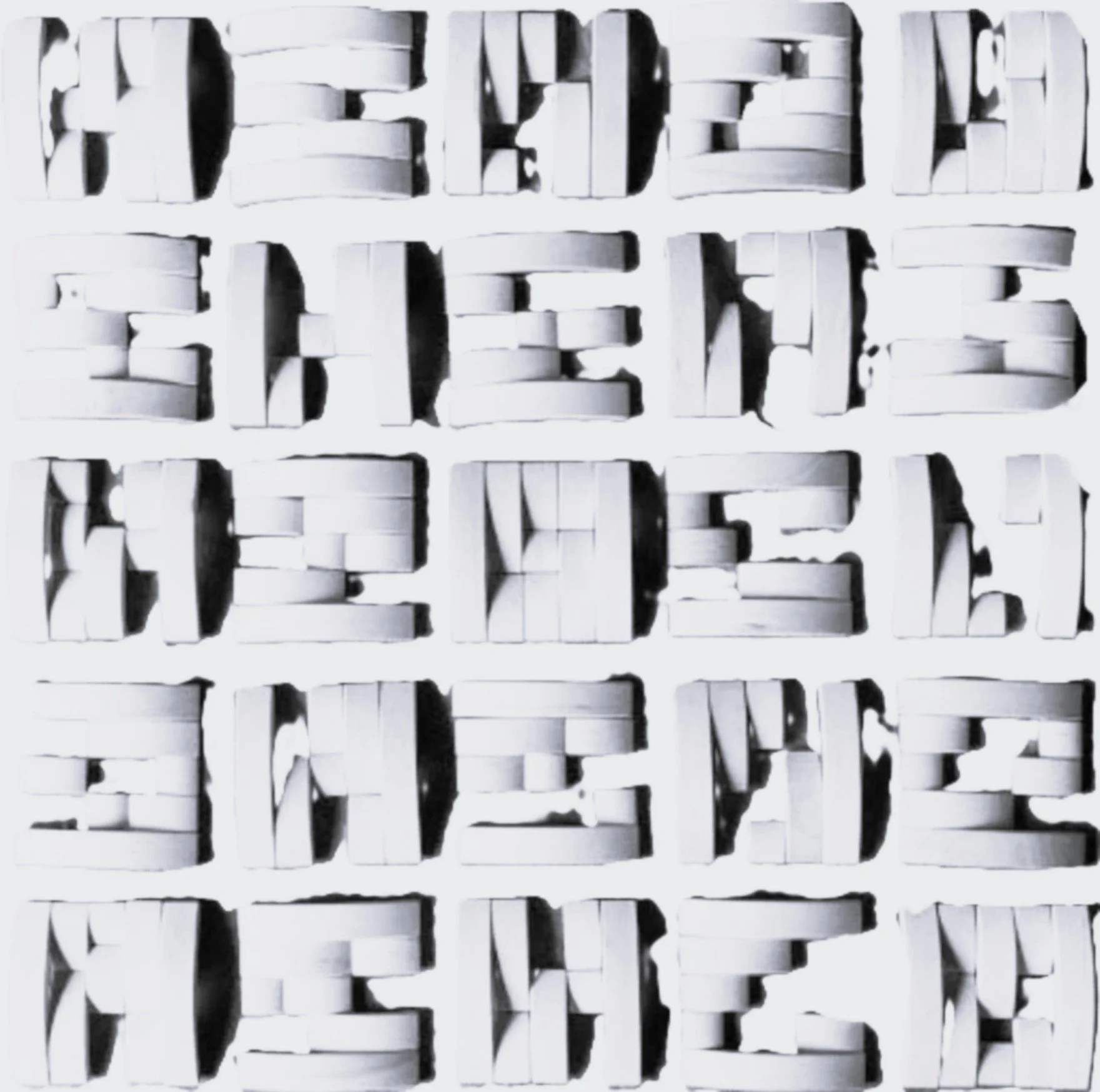
The Revolution Starts with Existing Homes
Mass Retrofitting with Offsite Industrialized Construction for Affordable Housing
SUMMARY OF OBJECTIVES
The United States is entering an industrial and offsite construction revolution with the potential to address the chronic affordable housing shortage. Yet much of this innovation focuses on new construction, leaving cities with abundant but unviable existing housing behind. Renovation, retrofitting, and reuse may offer a better choice thereby preserving neighborhood value, avoiding costly demolition, and converting underutilized stock into viable affordable housing. This research seeks to demonstrate that mass retrofitting of single-family units can become a large-scale, industrialized offsite construction project. Under Research Category 3, the Morgan State University and Baltimore Modular Initiative research team proposes a replicable, vertically integrated approach to validate the viability of industrialized and offsite retrofits for aging housing stock thereby engaging industry, regulatory, and financing partners to accelerate adoption.
STUDY DESIGN
Using Baltimore as a testbed, this six-phased research project examines the viability of applying industrialized and offsite construction methods to retrofit existing vacant buildings and suboptimal occupied buildings into affordable, safe, and modernized housing. Each phase will involve the identification of issues leading to solutions for cost effectiveness, workforce development, job creation, and regulatory streamlining. In Phase 1: Contextual Review, we will engage with industry, government, and local community stakeholders to understand regulatory standards, local customer demands and habits, and our regional construction ecosystem including its supply chain and workforce. We will also situate our efforts in the context of the current state of offsite and industrialized construction industry and previous relevant research and case studies. In Phase 2: Data Collection & Digital Twin Creation, we will inventory a representative sample of Baltimore’s rowhouses suitable for retrofit using GIS-based land use and real property data, 3-D laser scanning and photogrammetry, and on-site building conditions surveys to create high-resolution “digital twins” of existing houses through the use of building information modeling (BIM) software. This effort will inform subsequent analysis, demonstrate scalability, and serve as a replicable foundation for similar efforts elsewhere. In Phase 3: Digital Twin Diagnostics, we develop diagnostic tools for our digital twins to systematically assess, categorize, and prioritize actions. These tools will guide onsite preparations and recommend optimal combinations of prefabricated elements — Kit of Parts (1D), Panelized (2D), and Volumetric (3D) — to maximize efficiency, scalability, and affordability. In Phase 4: Design of Product Platform & Vertically Integrated Microfactory, we design a Product Platform of standardized 1D Subassemblies / Kit of Parts — modular, locally manufacturable components — that can be deployed directly or combined into 2D panelized and/or 3D volumetric systems aligned with diagnostics from Phase 2. We will develop a Pattern Book of configurations tailored to key building typologies and designed to meet “Performance-Based Home Systems Certification” standards, streamlining permitting and approvals. This phase also evaluates the establishment of a Microfactory to produce the Product Platform, examining opportunities to vertically integrate services and supply chains to maximize value, cost and supply chain efficiency, and local job creation. In Phase 5: Pilot Project & Digital Twin Optimization, we prototype key Product Platform components and deploy them in at least one vacant Baltimore rowhouse. Utilizing bi-directional data flow between the physical retrofit and its digital twin, we will examine optimal integrations of smart technologies. Insights from this phase will refine the business model for a local vertically integrated Microfactory, improve onsite processes, and identify workforce development opportunities. Phase 6: Pathways and Strategies will deliver actionable outputs, including: 1) benchmarking our proposed retrofit system against traditional retrofit practices and new construction; 2) identification of regulatory, cost, and supply chain barriers, with proposed solutions, such as the adoption of a Performance-Based Home Systems Certification; 3) a systematic approach for digital surveying, digital twin creation, and diagnostics; 4) pilot assessment and a business model for our Product Platform, Pattern Book, Digital Twin Protocols, and a Microfactory; and 5) a workforce development plan to support job creation across the local construction ecosystem.
EXPECTED RESULTS
This research will provide a scalable framework of core products and a service model to reduce construction costs, integrate supply chains, and streamline regulations. It will enable Maryland’s construction ecosystem to leverage offsite and industrialized approaches to address aging housing stock in legacy cities, while creating 21st century construction jobs and promoting affordability through faster delivery and cost savings. The findings will support scalable policy, financing, and industry adoption nationwide.
